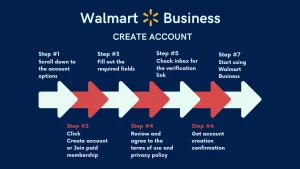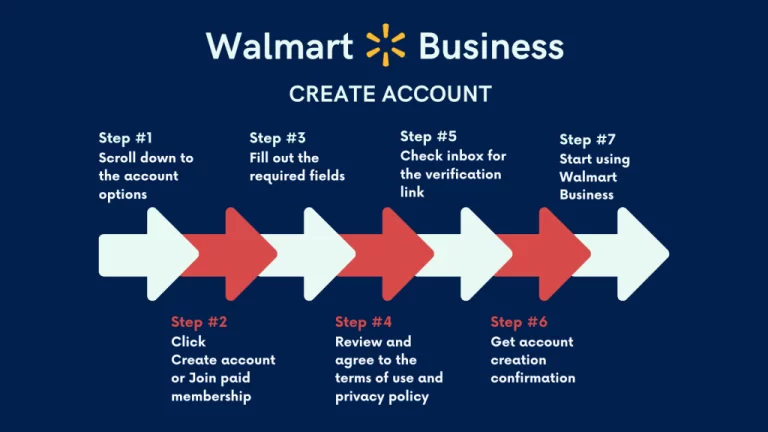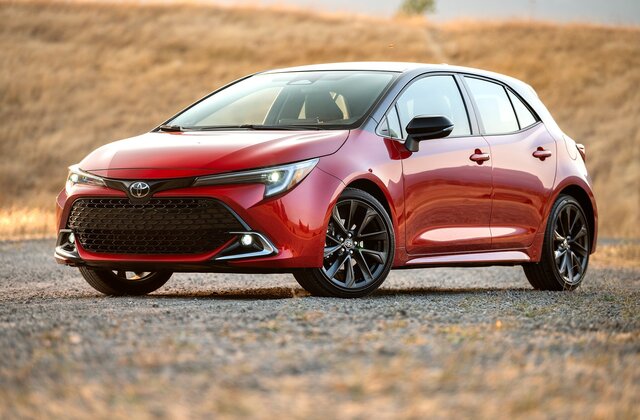If you follow social media closely, you must have heard of Quora at least once, perhaps last December, when the social network announced that it had been the victim of a massive hack that affected 100 million of its users. But do you know what makes this platform special? Because Quora values its members not only for the attention they get, but for sharing the ad revenue. So let’s ask the right questions, because Quora can become a laboratory for the future development of social networks.
What is Quora?
Quora is a place where you can share knowledge and expand your knowledge by asking questions or providing answers on various topics such as computers, philosophy, video games, family, music, politics, travel, etc. Quora was founded in 2009 two Facebook alumni. (Adam d’Angelo and Charlie Cheever). The French version was launched in Paris on 28 April 2017. Spanish, Italian, German, Japanese, Hindi, Indonesian, and Portuguese versions also exist, with 8 other languages currently in beta testing.
Quora currently relies on private funding (4 fundraising rounds with 14 investors that raised $226 million, primarily from accelerator Y Combinator) and ad revenue (300 advertisers at the time of its public ad launch in May 2017). Quora is currently valued at approximately $1.8 billion.
Who are Quora users and how many are there?
As of September 2018, Quora was reporting 300 million unique users per month. An interesting development compared to Twitter’s 326 million monthly users (Q3 2018) and the growing distrust of Facebook, a network that still dominates with 2.3 billion active users worldwide.
Some expert communities are especially present and active on Quora, where there are many entrepreneurs (41.6 million subscribers on the topic “Business”, 4.9 million subscribers on the topic “Entrepreneurship”, 64,000 subscribers on the French Quora on the topic “Technological trends”), computer scientists (51.9M followers on Engineering, making Quora a competitor to Stack Overflow in the US), scientists (48.2M followers on Science), and hobbyists (26M followers on Cooking on Quora.com and 191,000 followers on the Cooking theme on Quora.com). followers on Quora French food!) This community has also attracted famous guests such as Barack Obama and Canadian Prime Minister Justin Trudeau for Q&A sessions.
How is Quora different from other social networks?
Question and answer principle
Quora users contribute to knowledge by providing answers to others’ questions and by asking questions that others want answered.
Denying the anonymity of participants
Members must create a profile under their real name, and this practice is overseen by a team of moderators as well as members themselves. However, for some sensitive issues, such as those related to politics or health, you can ask questions or answer in an “anonymous” mode. Quora users are often the first to protect the quality of the platform by blocking creative accounts or accounts that do not follow the Quora Code of Conduct (BNBR: Be Nice Be Respectful, which can be translated as Soyons Courtois et Respectful).
Human role in site moderation using artificial intelligence
Quora have the ability to reject questions and answers, comment on each question, and even suggest changes to questions and answers. Quora teams in each country are represented on the site and are ready to answer questions from other Quora members. Of course, it would be utopian to think that Quora avoids spam or astroturfing (manual or algorithmic propaganda methods on the Internet). Therefore, Quora is investing in artificial intelligence and deep learning in particular to detect spam or even suggest content to its users. Last November, Quora ran a Kaggle contest with developers on a dataset of 1.3 million questions to identify “toxic content” on the platform (fake questions, trolling, etc.).
Participant rating logic
Top Quora contributors are rewarded each year in recognition of their special status. The title of “Best Author” is displayed on their profile and is indicated by a pen. In addition to the “ranking” this exposure brings to members, Quora also shares a portion of its ad revenue with quality and traffic generation questioners. Quora launched an affiliate program in 2018, whose members are currently chosen by Quorans either for the quality of their posts or for their ability to explore certain topics that advertisers might be interested in. A portion of the advertising revenue generated from your questions will be reserved. for you within one year from the date of publication of the questions.
What can Quora tell you about the possible development of social networks?
“If it’s free, you are the product” is a phrase by Derek Povazek that is often used in all sorts of ways when it comes to the internet and social media. The real question now is how to share the advertising pie fairly between investors and platform participants.
Youtube’s answer is to reserve monetization for channels with more than 1,000 subscribers and, above all, with more than 4,000 hours of playback compared to the previous year. Earning creators remain rare, and that income is likely to come from brand partnerships or from dividends paid out by production companies.
Quora’s answer right now is to pay select affiliates for the quality of their past contributions and their ability to generate traffic. Why pay those who ask traffic-generating questions rather than those whose answers also enrich this atypical network? Because, according to the creators of Quora, it’s primarily a good question that gets internet users to respond and interact on the platform, and that can ultimately also generate external traffic through search engine results. So Quora is ultimately a natural language Q&A machine because it is written by humans.
Other platforms have adopted the same solution as Quora, such as B. Medium, which pays members for its content, available at a $5 per month paywall. Medium reported that the largest payout per post to date was $2,279.12, the largest payout per post was $1,466.68, and the average payout to authors was $93.65.
Therefore, quality content that can attract readers and advertisers has value that can be shared more fairly.
What is the value of good content on Quora?
As for Quora, the platform’s largest partner earned $26,897 in the second half of 2018 by asking 8,000 questions, or about 45 questions per day, and the average cost per question was $3.36. More realistically, with 11,256 questions, or 61 questions per day, and an average cost per question of $0.81, the top 10 affiliates in the world managed to earn an average of $9,189 each. More information on question value, traffic generated, traffic origin (internal to Quora or external through search engines), and number of ads shown is also available to members of the quorans affiliate program. The purpose of this transparency is to let them know the topics that attract the most traffic.
Do you have any question regarding this or any of our post?
Do you need any help on any tech issue?
Kindly contact us or drop it on the comment section below.
Also share and follow us on other Social Media provided on site.
Thanks for reading.













HI dear
This is my first time i visit here and I found so many interesting stuff in your blog especially it’s discussion, thank you so we are provide.
Chiropractor Sydney CBD